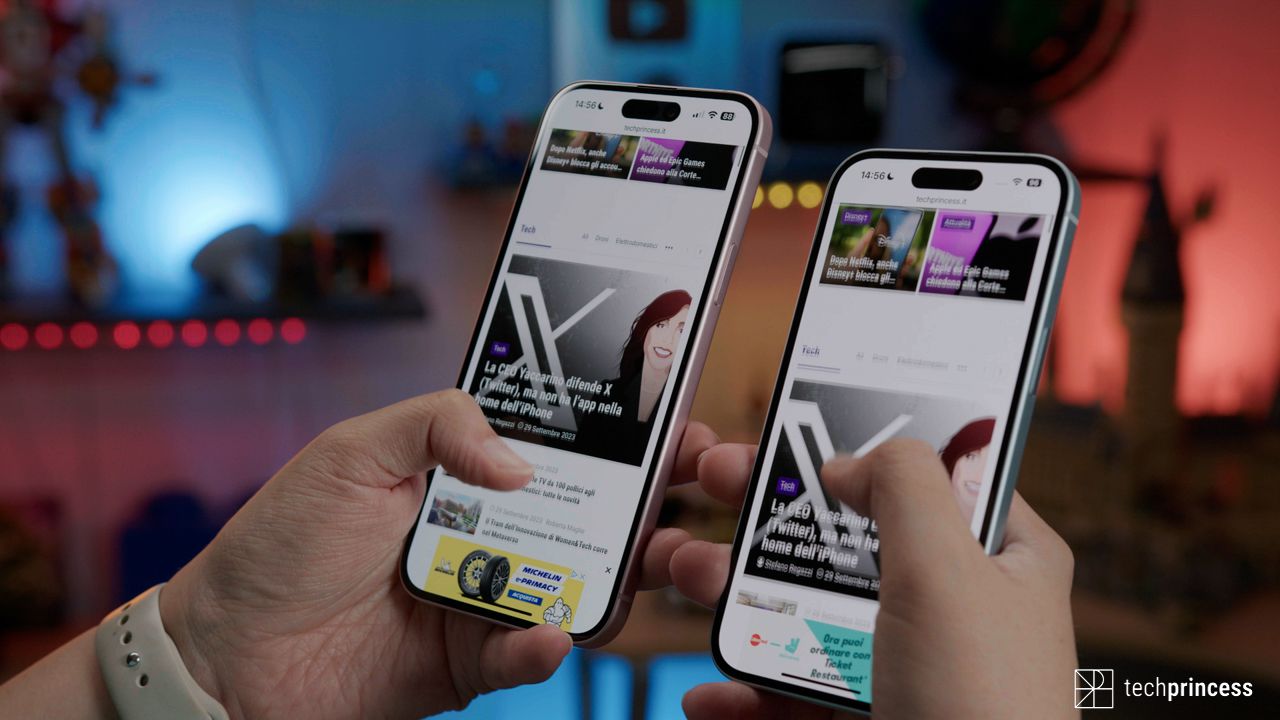FBI Warning. The FBI is sounding the alarm on the use of public phone charging stations. These stations, commonly found in places like malls and airports, have become the latest target for cybercriminals to distribute malicious software and monitoring tools.
The FBI’s Denver branch issued a tweet last week warning consumers about the risks associated with public USB stations. While the agency did not provide specific examples, it advised consumers to carry their own charger and USB cord and use electrical outlets instead.

“Juice Jacking” and Data Compromise
Security experts have raising concerns about the security risks of public charging stations for years. In 2011, researchers coined the term “juice jacking” to describe the problem.
Drew Paik, formerly of security firm Authentic8, explained that merely plugging your phone into a compromised power strip or charger can infect your device, compromising all your data. The same cord used to charge your phone also transfers data between your phone and other devices.
For example, when you connect your iPhone to your Mac using a charging cord, you can transfer photos from your phone to your computer. If a port is compromise, hackers can potentially access a wide range of information, including emails, text messages, photos, and contacts.
Risks of Data Extraction and Device Locking
The Federal Communications Commission (FCC) also issue a warning, noting that a corrupt charging port could allow malicious actors to lock a device or extract personal data and passwords. Criminals have been known to leave cables plugg into charging stations intentionally. There have even been reports of infect cables being given away as promotional gifts.
Protecting Personal Data
The FBI’s warning serves as a reminder for the public to remain cautious, especially when traveling. To mitigate the risks associate with public charging stations, it’s advisable to carry your charger and USB cord to use with electrical outlets instead. Taking these precautions can help safeguard your personal data and protect your devices from potential cyber threats.
Staying Safe in the Digital Age
As technology advances, it’s crucial for consumers to stay inform about potential security risks. Public charging stations may offer convenience, but they also present opportunities for cybercriminals to compromise devices.
By being proactive and avoiding these public stations, individuals can reduce the chances of falling victim to malware or data breaches. In today’s digital age, staying safe involves more than just protecting your devices from physical theft; it also means guarding against virtual threats and ensuring the security of your personal information.




